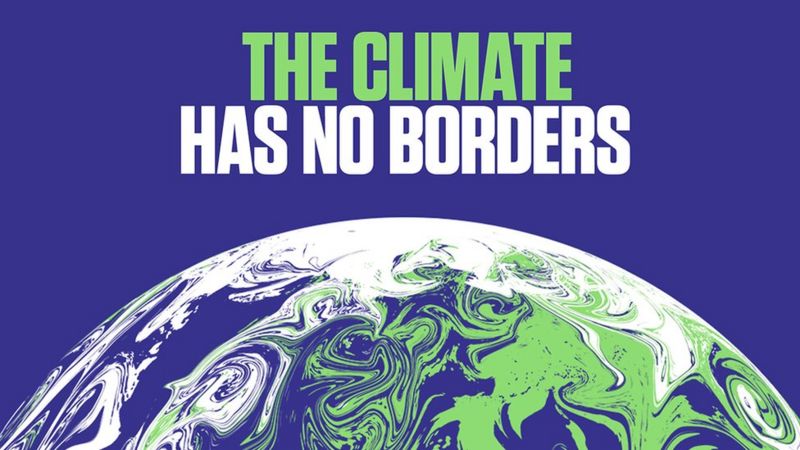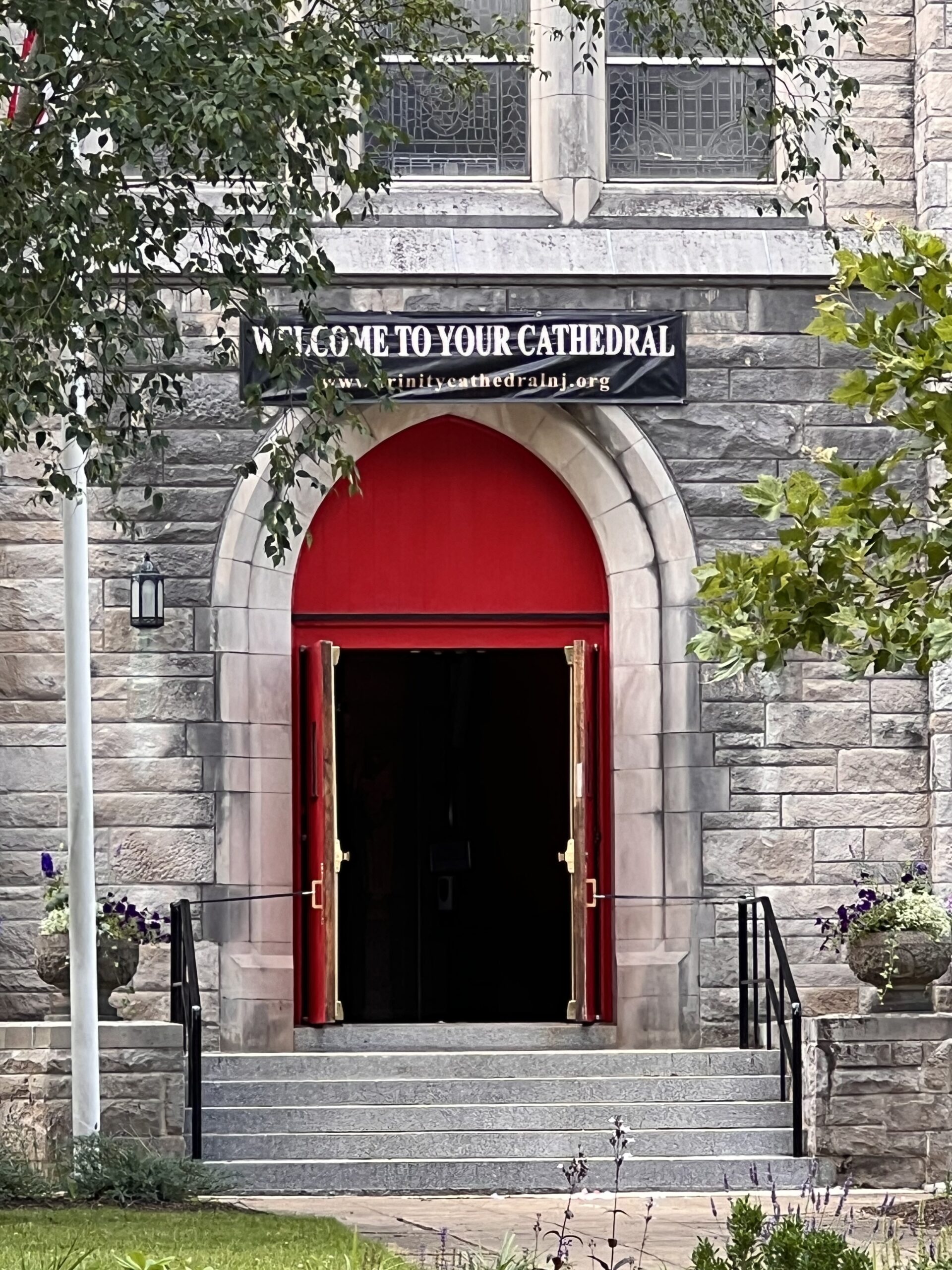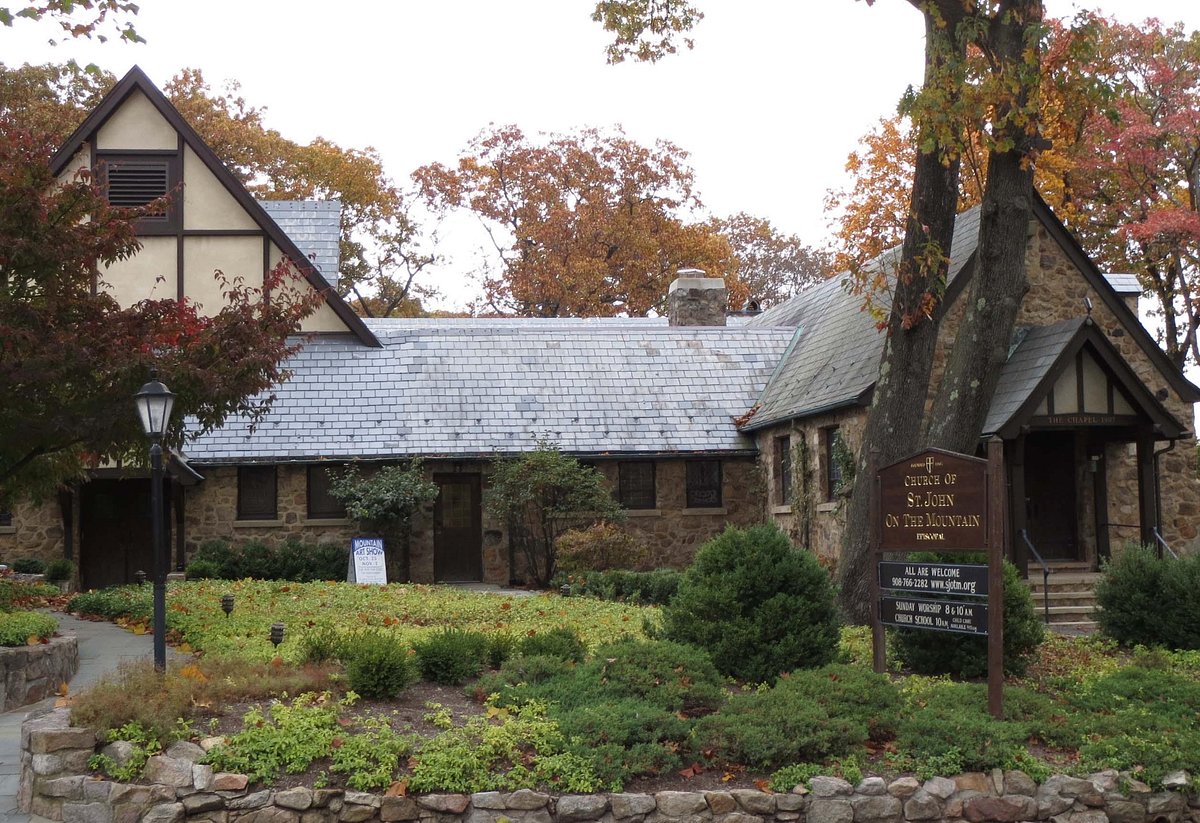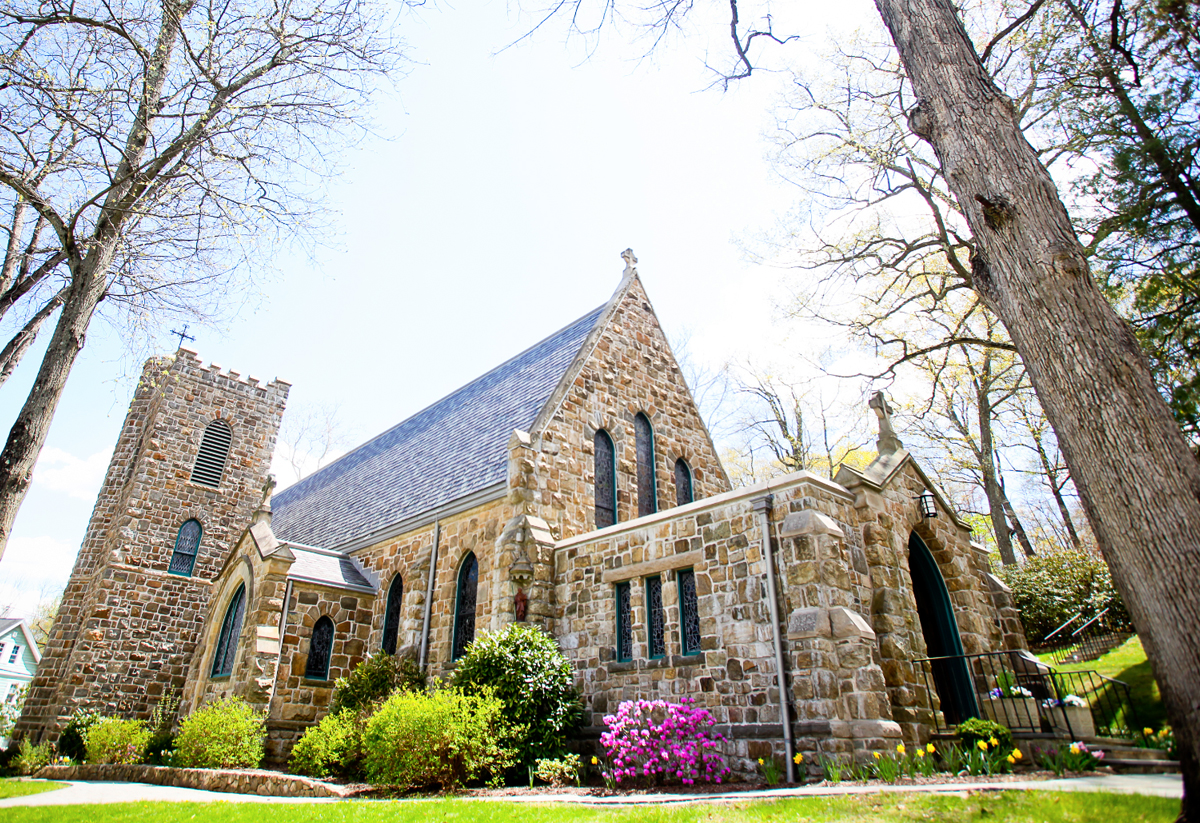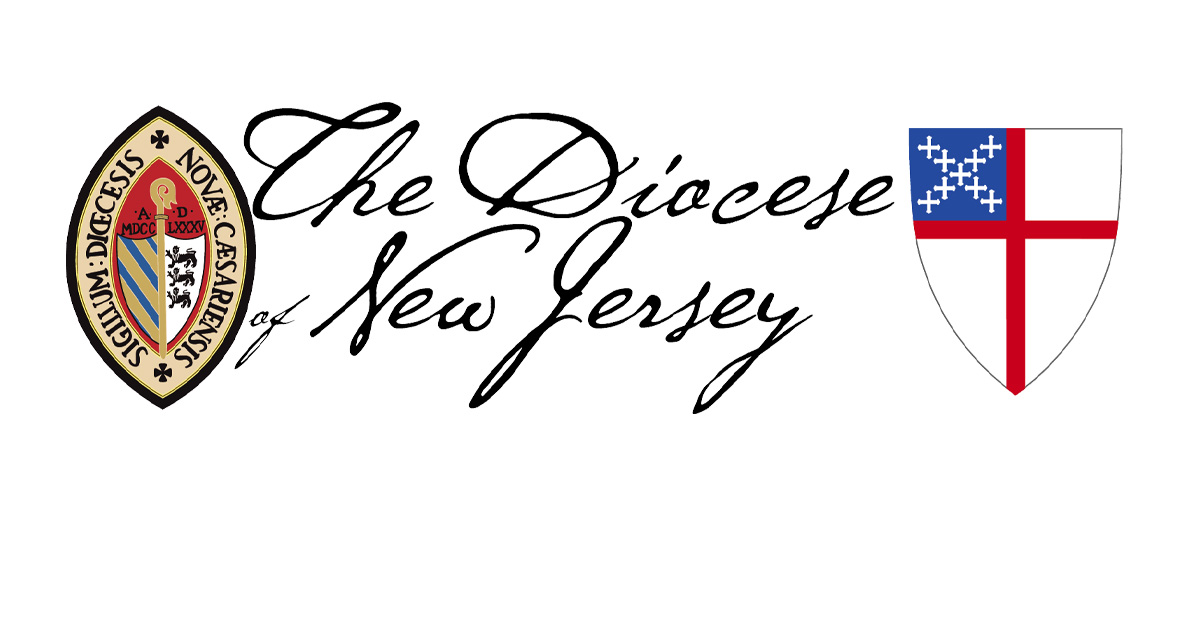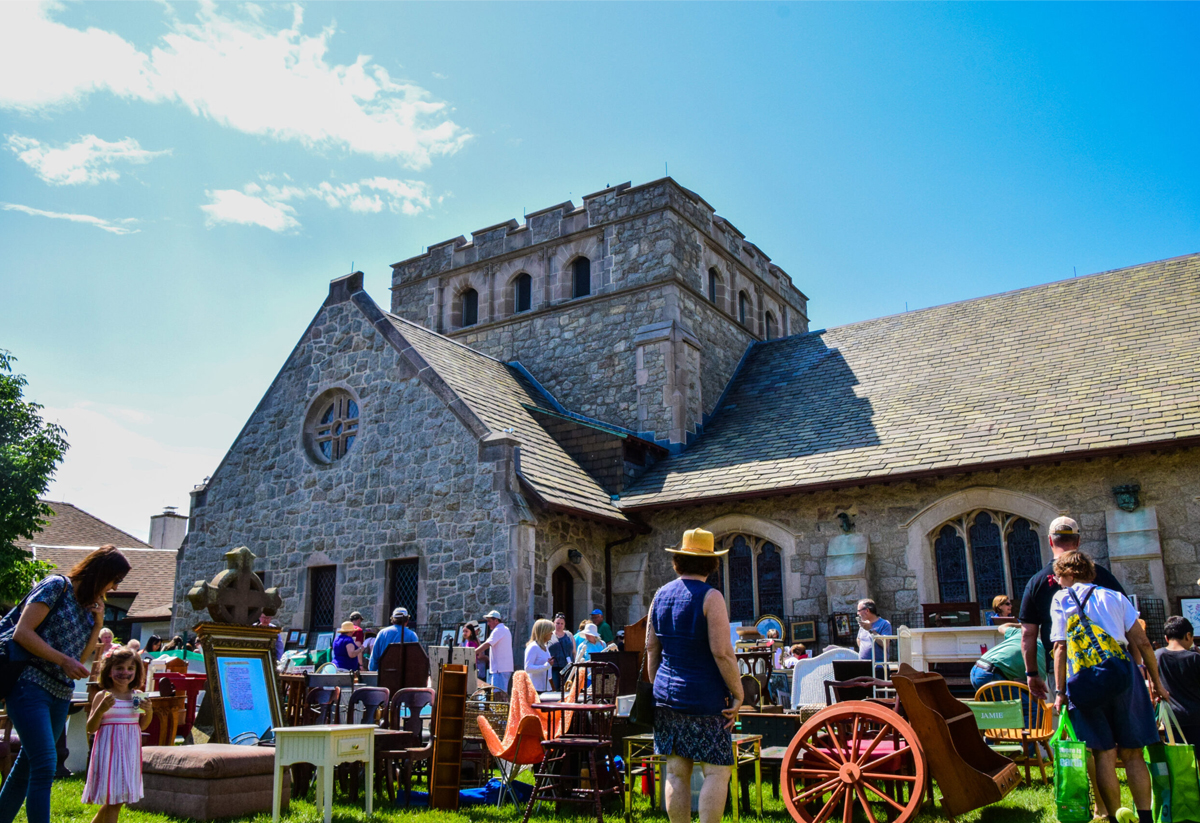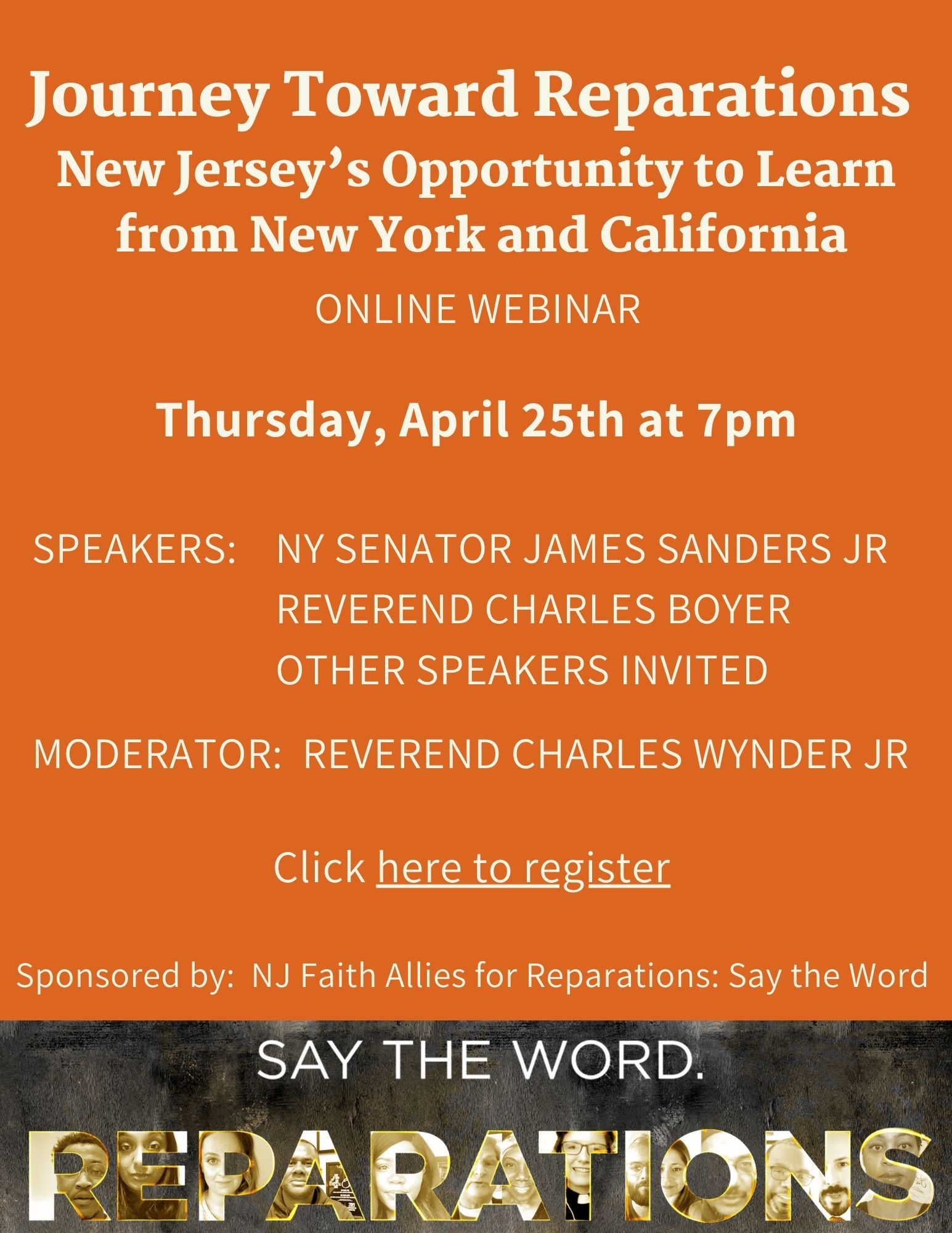Dear People and Friends of the Diocese of New Jersey,
The earth is the Lord’s and all that is in it,
the world and all who dwell therein…Psalm 24:1
Net Zero! That’s the ambitious goal for many nations of the world, states, municipalities businesses and other entities. For those that don’t know, “Net zero refers to a state in which the greenhouse gases going into the atmosphere are balanced by removal out of the atmosphere.”[1] Net Zero is an ambitious, long-range goal for the world to reduce carbon emissions by 2050. In order to achieve Net Zero by this target date, an intermediate 1.5C earth temperature reduction goal was established by the Paris Climate Accord at COP21. At every subsequent COP summit, participating nations have submitted “nationally determined contributions” that specify their target carbon reductions.
“COP” stands for “Conference of the Parties.” The COP summits have been going on for decades. The 26th annual meeting, COP26 began in Glasgow, Scotland this past Sunday. Designated presidents of the conference change year to year. This year’s designated President is the United Kingdom which is why the conference is being hosted in Glasgow.
COP26 includes participants beyond nations. The Episcopal Church has an official delegation representing it at COP26. Canon Barbie Bach of the Diocese of New Jersey is one of the representatives. The Episcopal Church sponsors a delegation at the COP Summits because Creation Care is a missional priority of this church and we acknowledge the current climate emergency.
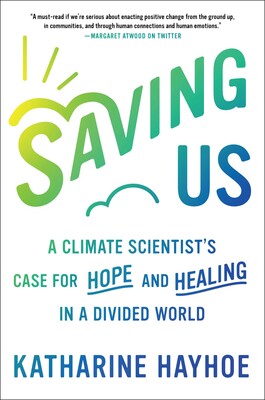 I recently finished the book Saving Us: A Climate Scientist’s Case for Hope and Healing in a Divided World by Professor Katharine Hayhoe.[2] Professor Hayhoe is not only a world-renowned climate scientist, she is the spouse of an evangelical pastor and lives in Lubbock, Texas which she notes is “the second most conservative city in the United States.” Hayhoe recognizes that the country is polarized over the issue of climate change, as it is on so many other issues. As she states in her very popular TED Talk, “the number one predictor of whether we agree the climate is changing; that humans are responsible; and the impacts are increasingly serious and even dangerous, has nothing to with science or even how smart we are, but simply where we fall on the political spectrum.”[3] Her book is an attempt to bridge that divide through the lens of her experience, knowledge and faith and to encourage people to talk about the issue. As she writes:
I recently finished the book Saving Us: A Climate Scientist’s Case for Hope and Healing in a Divided World by Professor Katharine Hayhoe.[2] Professor Hayhoe is not only a world-renowned climate scientist, she is the spouse of an evangelical pastor and lives in Lubbock, Texas which she notes is “the second most conservative city in the United States.” Hayhoe recognizes that the country is polarized over the issue of climate change, as it is on so many other issues. As she states in her very popular TED Talk, “the number one predictor of whether we agree the climate is changing; that humans are responsible; and the impacts are increasingly serious and even dangerous, has nothing to with science or even how smart we are, but simply where we fall on the political spectrum.”[3] Her book is an attempt to bridge that divide through the lens of her experience, knowledge and faith and to encourage people to talk about the issue. As she writes:
“On climate change and other issues with moral implications, we tend to believe that everyone should care for the same self-evident reasons we do. If they don’t, we all too often assume they lack morals. But most people do have morals and are acting according to them; they’re just different from ours. And if we are aware of these differences, we can speak to them.”[4]
Her book is a very readable, accessible, user-friendly guide exploring the wide range of challenges that confront us from climate change. To engage in meaningful conversation and growth in our awareness about these, she takes a personal approach exploring how climate change is impacting every aspect of our daily lives from what we eat, to our workplaces, to our recreational activities. She explores the impact of climate change on the poor in this country and around the world and also how climate change is jeopardizing our national security as well as the security of the world.
Towards the end of her book, Hayhoe suggests what she believes is the most important thing any of us can do about climate change, writing:
The single most important thing every single one of us can do about climate change is talk about it – why it matters, and how we can fix it – and use our voices to advocate for change within our spheres of influence. As a parent, child, family member or friend, student, employee, or boss; shareholder, stakeholder, member or citizen: connecting with one another is how we change ourselves, how we change others, and ultimately, how we change the world.[5]
Beyond our being citizens of this planet, our faith as Christian stewards and Episcopalians compels us to be concerned about climate change and to act. The fifth of the Anglican Marks of Mission calls for us “to strive to safeguard the integrity of creation, and sustain and renew the life of the earth.” Our own Episcopal Covenant to Care of Creation states:
“In Jesus, God so loved the whole world. We follow Jesus, so we love the world God loves. Concerned about the global climate emergency, drawing from a range of approaches for our diverse contexts, we commit to form and restore loving, liberating, life-giving relationships with all of Creation.”
This same Covenant offers specific ways to put this into practice. I invite you as families and congregations to check it out and discuss it. I also commend Professor Katharine Hayhoe’s book Saving Us: A Climate Scientist’s Case for Hope and Healing in a Divided World. As Professor Hayhoe and others have observed, “there is no planet B.”
Blessings and peace to you and yours.
In Christ,

The Rt. Rev. William H. Stokes
12th Bishop of New Jersey
I invite and encourage you to register to attend the Liturgy for Planetary Crisis: Episcopal Worship Service during COP26, Nov. 6 at 11:00 a.m. Eastern
______________
Notes
[1] See “What is Net Zero?” on the netzeroclimate.org website at https://netzeroclimate.org/what-is-net-zero/
[2] Hayhoe, Katharine Saving Us: A Climate Scientist’s Case for Hope and Healing in a Divided World (
[3] Hayhoe, Katharine “The most important thing you can do about climate change: talk about it” – TedTalks – TedWomen2018 – November 2018 found on YouTube at https://www.ted.com/talks/katharine_hayhoe_the_most_important_thing_you_can_do_to_fight_climate_change_talk_about_it?language=en
[4] Hayhoe, Saving Us, xi.
[5] Hayhoe, 213 (Kindle edition).

